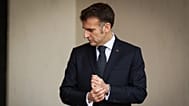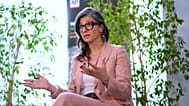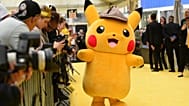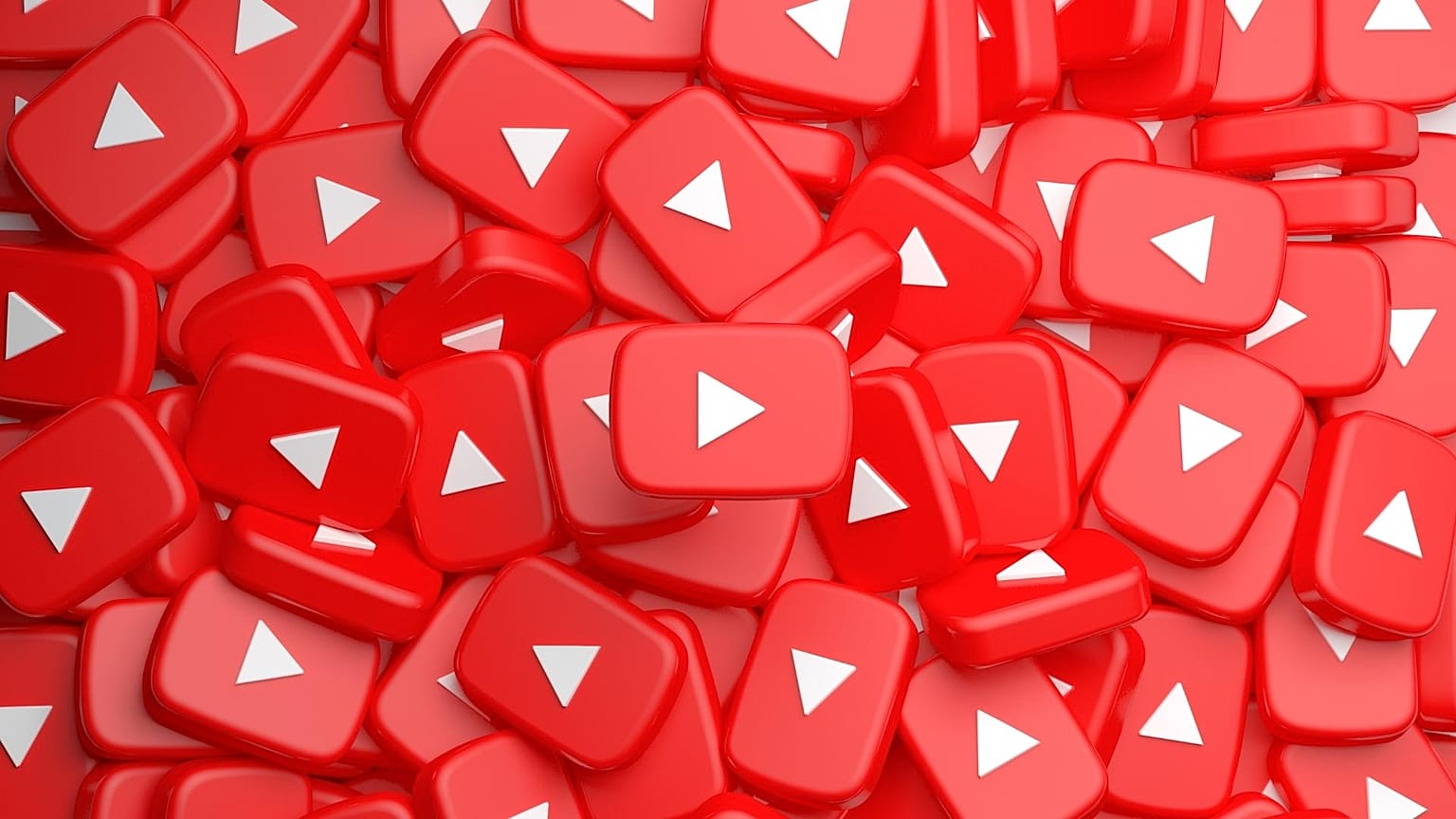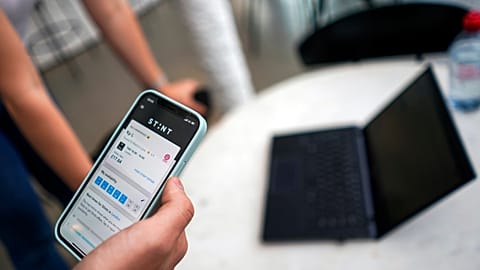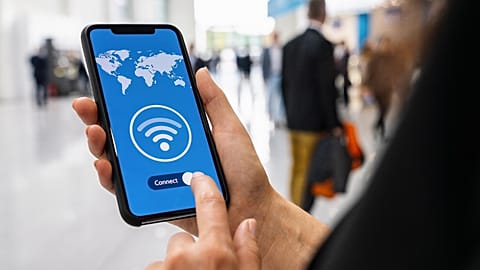The Kremlin's clash with foreign tech firms over the war in Ukraine continued as Russia's media regulator accused YouTube of hosting "anti-Russia" videos.
Russia on Friday demanded that Alphabet-owned Google stop spreading what it called threats against Russian citizens on YouTube, a move that could presage an outright block of the service on Russian territory.
 ADVERTISEMENT
ADVERTISEMENT
 ADVERTISEMENT
ADVERTISEMENT
Google representatives in Russia did not immediately respond to a Reuters request for comment by email. Google representatives outside Russia also did not immediately respond to requests for comment.
Russia's media regulator, Roskomnadzor, said adverts on the platform were calling for the communications systems of Russia and Belarus' railway networks to be suspended and that their dissemination was evidence of the US tech giant's anti-Russian position. It did not say which accounts were publishing the adverts.
"The actions of YouTube's administration are of a terrorist nature and threaten the life and health of Russian citizens," the regulator said.
"Roskomnadzor categorically opposes such advertising campaigns and demands that Google stop broadcasting anti-Russia videos as soon as possible".
The demand marks the latest salvo in an ongoing row between Moscow and foreign tech firms over Ukraine.
YouTube, which has blocked Russian state-funded media globally, is under heavy pressure from Russia's communications regulator and politicians.
Outraged that Meta Platforms was allowing social media users in Ukraine to post messages such as "Death to the Russian invaders," Moscow blocked Instagram this week, having already stopped access to Facebook because of what it said were restrictions by the platform on Russian media.
Homegrown alternatives
Former Russian president Dmitry Medvedev on Friday wrote a fierce criticism of foreign social media firms, namechecking both Meta and YouTube, but he hinted that the door leading to their possible return to the Russian market would be left ajar.
"The 'guardians' of free speech have in all seriousness allowed users of their social media to wish death upon the Russian military," Medvedev, who served as president from 2008 to 2012 and is now deputy secretary of Russia's Security Council, wrote on his Telegram channel.
Medvedev said Russia has the necessary tools and experience to develop its own social media, saying the "one-way game" of Western firms controlling information flows could not continue.
"In order to return, they will have to prove their independence and good attitude to Russia and its citizens," he wrote. "However, it is not a fact that they will be able to dip their toes in the same water twice."
VKontakte, Russia's answer to Facebook, has been breaking records for activity on its platform since Russia invaded Ukraine on February 24.
The site attracted 300,000 new users in the two weeks after Russia began what it calls a "special operation" to degrade its southern neighbour's military capabilities and root out people it calls dangerous nationalists.
On March 14, the day Instagram was blocked in Russia, VKontakte said its daily domestic audience grew by 8.7 percent to hit a new record of more than 50 million people.
Russian tech entrepreneurs have said they plan to launch a picture-sharing application, Rossgram, on the domestic market to help fill the void left by Instagram.
In November, Russia's Gazprom Media launched Yappy as a domestic rival to video-sharing platform TikTok.

